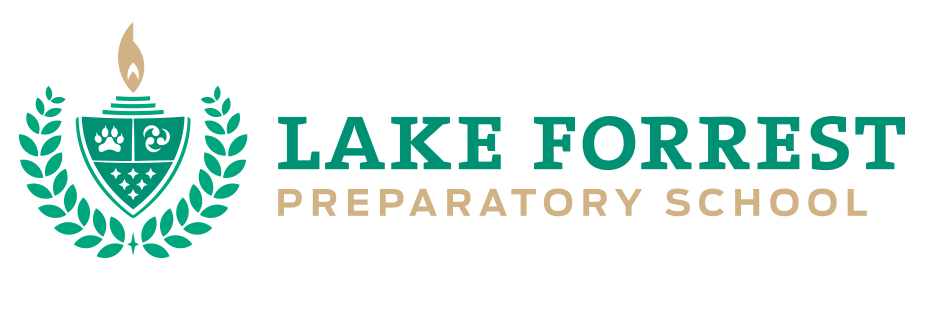Math — most kids either love it or hate it. Regardless of our own personal experiences with math, understanding the subject is critical for everyday life (even if we don’t use the quadratic equation).
Getting symbols confused.
This is a big struggle for younger children. Multiplication marks can look like plus signs if kids aren’t careful. Or maybe your child forgets for a second that division often uses two signs. Getting your child comfortable with the various types of math symbols will help them become more confident in how those symbols affect a number within a problem.
Struggling with multi-part math problems.
Multi-step problems start working their way into the curriculum during elementary school. It can take a while for students to become comfortable with two-step or three-step questions, especially since much of early math is memorizing simple equations. You can help your child with multi-step problems by having them circle the different parts they have to do. This will help them ensure they haven’t skipped an important step.
Adding multiple numbers.
Even younger students who aren’t quite at the multi-part math phase can still struggle with larger figures. Adding two sets of 3 digit numbers, for example, involves multiple steps. Be patient with your young mathematicians who might forget they have to ‘carry the one’ or combine larger values multiple times to get the right answer.
Sloppy or careless errors.
For kids who don’t like math, the last thing they want to do is spend time on it. (Be honest, maybe you were like this too as a student…) Some children whiz through math homework, swear it’s done, and receive poor grades as a result. Encourage your kid to slow down. Remind them that by not taking the time to learn about math, they’ll only make problems worse. They’ll likely have to redo homework and spend more time on the subject they don’t enjoy. Make sure they’re using tidy penmanship. If your child struggles with lines of numbers, get them some graph paper to keep track of their calculations.
Not double-checking their work.
This is similar to the last point we made, but we feel like these are still different issues. Students don’t double-check their work for a number of reasons: overconfidence, time crunch, frustration. It’s important to encourage your child to look at the question like it was their first time seeing it. A final check before they submit their work can often catch silly mistakes or solidify what questions they need answered the next day in class.
No one becomes a math genius overnight. Always encourage your child to be vocal and ask questions! At Lake Forrest Prep, we encourage an open and responsive dialogue between teachers and students. We want each child to succeed and feel like growth is possible — even if they don’t like a certain subject. If you’re looking for a more unique learning environment for your child, consider scheduling a tour of Lake Forrest Prep! As one of Orlando’s leading preparatory schools, we offer a hands-on, accelerated curriculum that both challenges students and can be modified to fit their needs.


